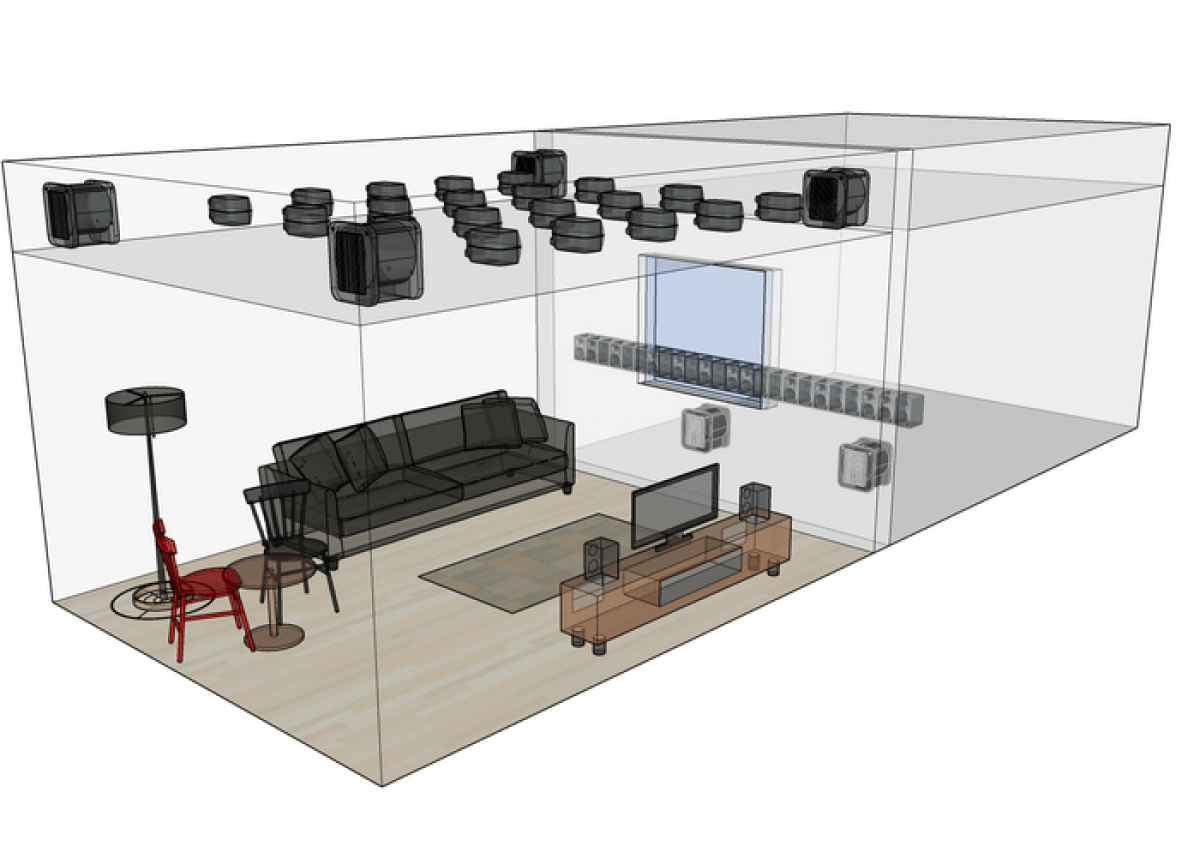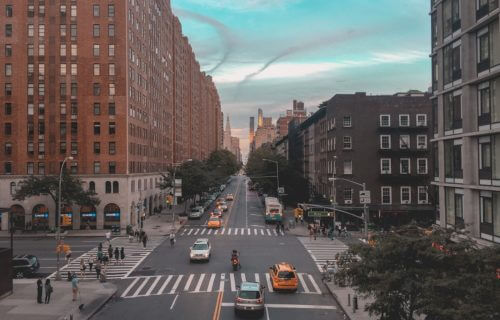GOTHENBURG, Sweden — Frequently get mental blocks while working or studying? It may be a sign you need to invest in some noise-canceling headphones — or move altogether! A new study suggests that even weak traffic noise in the background is enough to worsen your performance at work.
“What is unique about our study is that we were able to demonstrate a decline in performance at noise levels as low as 40 dB, which corresponds to the regular noise level in an office environment or a kitchen,” says Leon Müller, a doctoral student in the Department of Architecture and Civil Engineering at Chalmers University of Technology, in a media release.
To create background noise, researchers used two audio sequences that sounded like trucks passing by at a distance of 10 and 50 meters. Indoors, participants heard both sequences at a level of 40 decibels — the equivalent to the noise you would hear in a library.
Forty-two study participants underwent a concentration test while listening to different background noises. To simulate real-life working conditions, the team transformed the lab to look like a living room with furniture and textiles. Behind the windows and ceiling panels, the team placed an advanced speaker system with a recording of sounds like road traffic noise. The test involved watching a computer monitor displaying a bunch of letters.

Each person had to press a button for all letters except X. They also completed a survey with questions about how they felt their workload was when completing a task. The perceived workload was based on six features: perceived mental workload, physical workload, time pressure, effort, performance, and degree of frustration.
Test-takers did worse while listening to traffic noise. They also found the task harder when they could hear cars and other traffic-related sounds.
The results could be more troubling for workers in urban areas, where the distance between roads and homes is much smaller. Indeed, a separate study modeling low-frequency noise found that disruptive traffic noise is usually made from heavy traffic at low speeds. Additionally, this noise pollution is hard to avoid even with well-insulated windows and buildings complying with construction guidelines for sound insulation.
“The calculations for different types of facades show that it is difficult to achieve ideal indoor sound environments near heavily trafficked roads,” explains Jens Forssén, a professor of applied acoustics at Chalmers University of Technology. “Reducing speeds is not a solution, as our calculations show that the indoor noise exposure can even increase at lower speeds.”
You might also be interested in:
- Best White Noise Apps: Top 5 Soothing Sounds Most Recommended By Experts
- Best Earbuds: Top 6 Brands Most Recommended By Experts
- Best Headphones For 2023: Top 8 Products Most Recommended By Tech Experts
The study is published in the International Journal of Environmental Research and Public Health.

